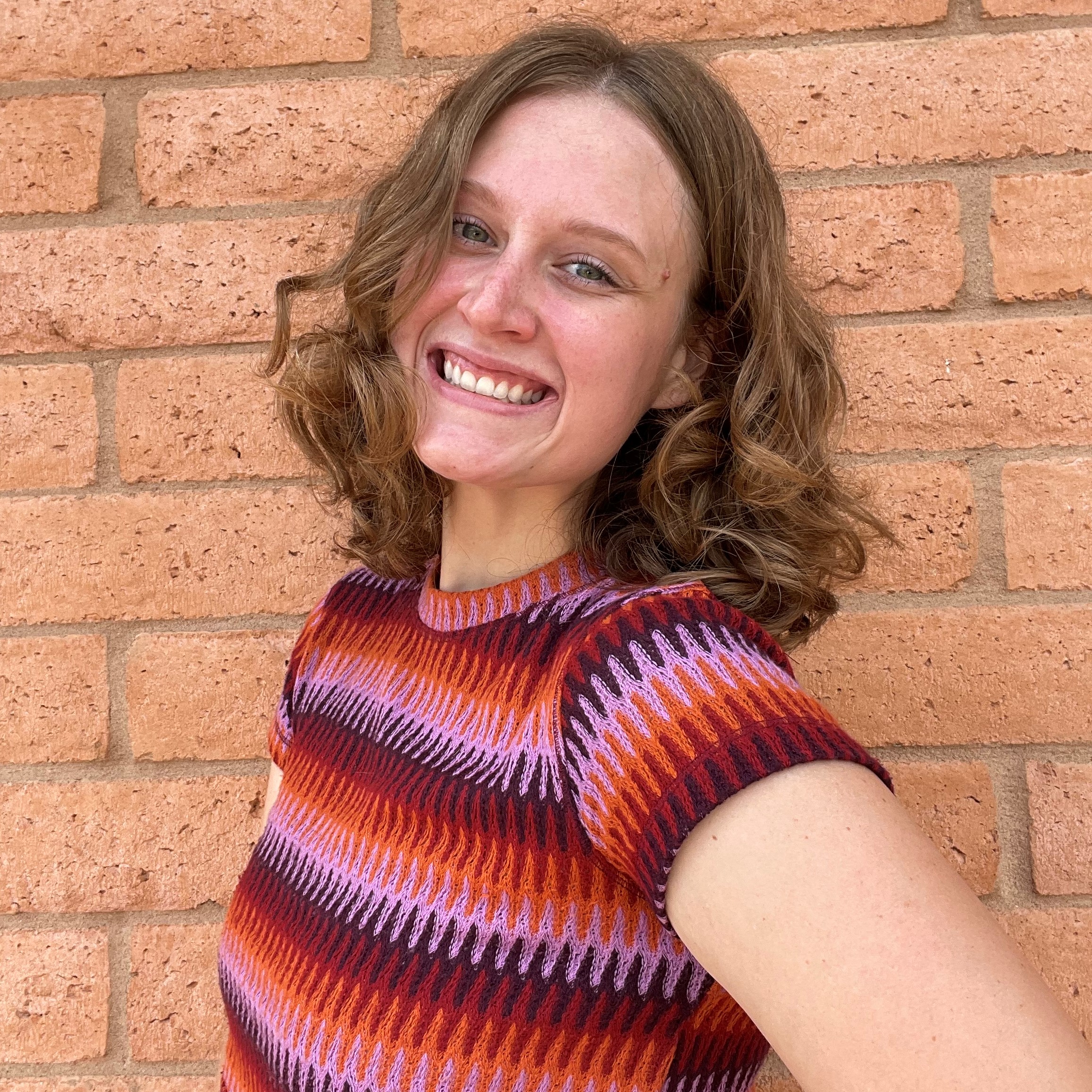6 Creative Ideas for Funding Dyscalculia Tutoring
Do you worry about finding the funding to support the tutoring needs of your child with a learning disability? Join Made for Math’s CEO Adrianne Meldrum and OG Tutor Karee Atkinson as they discuss creative ideas for funding dyscalculia tutoring.
Table of Contents
Meet Karee Atkinson
Meet Karee Atkinson, Orton-Gillingham Tutor and owner of Dyslexia Solutions. Karee was diagnosed with dyslexia as a child and was one of the few kids in the 80’s that was told the name of her brain-wiring difference. She had one teacher in the second grade that knew what dyslexia was and gave her the verbiage she needed to talk about her learning difference. Karee determined that some things just came harder to her, like spelling and writing.
When it came to college, Karee decided to get her Masters in Political Science and became a Lobbyist for the American Federation of Teachers.
When Karee had children, her oldest son was struggling with learning how to read. She went to his first grade teacher and asked “I’m dyslexic, can this affect my son’s learning?” The teacher gave her the best answer and said, “I’m not sure, but you go find out and I will help and support you in any way I can.”
Karee started the hunt to figure out as much as she could about dyslexia tutoring and found a clique of like-minded individuals and started the group Decoding Dyslexia Utah in 2013.
Why are tutoring services so expensive?
Karee explains that there are two main reasons why this type of tutoring service is so expensive. The first reason being the format—whether it’s dyslexia reading therapy, math intervention or even ADHD services, the typical one-to-one session format is tailored to the individual child.
The tutor only has so much time and resources to devote to so many children. If the tutor were to take on more than one child at a time–the nature of the tutoring would change and you wouldn’t be seeing the same results.
When Made for Math was first starting out, we learned the hard way as to why group classes fail to live up to one-to-one sessions. These kids, even though they may be the same age, have a huge variety of needs and all process math in totally different ways. We quickly realized that one-on-one sessions are the best choice for student progress.
The second reason being that it takes an enormous amount of training to become a certified tutor specializing in learning disabilities and differences. Karee started out as a concerned parent who became OG certified because she didn’t want to spend the money on tutoring services for all four of her children. She was certified through the Orton-Gillingham Academy which can be expensive and time-consuming.
Made for Math’s Adrianne Meldrum is a certified Multisensory Math Instructor and the training took her 5 years to complete. Karee is also on her 5th year of training and close to finishing her last practicum.
Many people don’t have the time or resources to complete these trainings and this ultimately creates a lack of tutors who are specifically trained to work with learning differences.
Creative Ideas for Funding Dyscalculia Tutoring
Karee has several ideas up her sleeve for funding dyscalculia tutoring services and the first one starts with you!
What are you good at? What services can you provide? Consider doing a trade of services with an online or local tutor in your area.
Karee says “We all have skills, use what you have to help your kids.” For example, if someone came to Karee and said they would help with her marketing and social media presence for an exchange in tutoring services for their child—Karee would jump at the chance. She needs those services and would happily trade tutoring hours for those needs to be met.
Try to be creative! Karee knows people who have made websites and given accounting services in an exchange for tutoring their children. Adrianne has even heard of someone who went as far as building a porch deck for tutoring services.
Another awesome idea for funding dyscalculia tutoring or any tutoring for that matter is to find resources you can start implementing yourself. Familiarizing yourself with the current best practices and experts in the field so you know what works and what doesn’t. This practice can save you time and money in the long run if you know what to look for in a tutor.
Getting involved with the school and building connections is another great way to cut the cost of services. Karee found that advocating for teachers to get proper training can also open unexpected doors. She was working with school districts to help secure funding and in that process got invited to a three-day training because of the connections she made.
Other ideas—know what’s going on in your state. Several states have money set aside that parents are able to apply for and use for funding dyscalculia tutoring. However, it is different in each state—Karee, being from Utah, names two specific programs for funding there.
The first being the Carson Smith Scholarship which is valid if you have an IEP or 504 and are enrolled in public school. The fund pays a portion of the expenses for your child to go to a private school.
Karee finds herself sending more and more people to the Children’s First Education Fund to find funding in Utah. You can either have an IEP from a public school or you can do what’s called a Multidisciplinary Evaluation which is available for homeschooled students. This is an evaluation by multiple professionals basically saying “Yes, this child qualifies for services.” Through this program, parents can qualify anywhere from $8,000-$10,000 per year in funds for tutoring services for their child.
Twenty-one other states have something called vouchers which would be similar to this type of scholarship. This would give some parents options for funding dyscalculia tutoring. There are constant changes in state government programs and new opportunities for funding are always arising.
Adrianne and Karee also know of people who have had their kids help them secure funding for their tutoring. Nothing too serious, but enough work to be appreciative of the extra help and money it takes to send them to tutoring. Creative ideas include: a paper route, mowing lawns, a bake sale, a lemonade stand and so much more. Not to mention, communities are generally inclined to help kids achieve their goals and most will be happy to help fund Johnny’s math lessons.
This can also be an awesome learning opportunity for your child! Are they helping handle money and counting back change to the community? Are they engaging in conversation with neighbors and scheduling a time to come back to work? Even if you are helping to facilitate these discussions and transactions, it’s important for your kiddo to see and be a part of these things.
Adrianne mentions that these smaller jobs can unlock a new skill or hidden talent in these kids. She says some of the most persuasive kids she knows have dyslexia. Karee agrees that they have strong negotiation skills and there’s a reason why 1 in 3 adults with dyslexia are entrepreneurs.
Want to be trained yourself? Ways to fund tutoring certifications
We’ve established that there just aren’t enough providers and it’s a constant battle to find people who are willing to spend the money on training to be certified. At Made for Math, this problem affects us by not being able to find enough people who are willing to learn these skills. We train our Specialists in Multisensory Math in-house and this allows them to get certified through us.
There is Multisensory training out there, but oftentimes people simply cannot afford it.
For reading training, Karee mentions that the Decoding Dyslexia Utah chapter is really awesome in this respect because they sponsor 10 educators yearly to get training with an OG Tutor. Decoding Dyslexia pays for ¾ of the cost and the educator pays the remaining quarter.
In return for this awesome scholarship, the educator spends 100 hours with a practicum student from Decoding Dyslexia’s parent population who cannot afford tutoring services but are still in need. This win-win situation is possible because of the Wasatch Reading Summit where Decoding Dyslexia Utah is able to raise funds for this nonprofit.
Karee names off other groups that have programs in place to help parents secure training for tutoring, such as Scottish Rite, Reading Horizons, and Augustine Literacy Program.
There are a ton of opportunities out there where you can take the training and turn it around to teach your own kid.
How do I decide, as a parent, if I’m a good fit to tutor my children?
Karee grappled with this question as a parent with similar struggles to what her child was now facing. She kept thinking, “This is my weakness too and there are times when I can’t find the words.”
It comes down to two things: Do you love working with children? And are you willing to work hard?
The training might take a little bit longer if you aren’t an educator, but if you’re determined then you will get through it!
Disclose any learning differences or worries you may have with your trainer! They are there to help–there are a TON of understanding and caring individuals in this community.
Is Decoding Dyslexia in my state?
Decoding Dyslexia is in all 50 states, however, not all chapters are active. There are several Canadian provinces with chapters and we’re beginning to see it spread to other countries as well.The most valuable resource is the ability to connect with other parents through organizations with similar goals. Ask around about what people are doing in your state for funding dyscalculia tutoring or reading therapies.
Feel free to join the Decoding Dyslexia Utah group on Facebook and start connecting, regardless if you live in Utah or not. We promise, they won’t bite.
Whether you are an educator, a parent, or an advocate we all need to be supporting each other.
Before having kids with these challenges, Karee used to think that there was a right way to educate a child. Now she has come to realize that meeting the needs of the child is what’s really important and there isn’t one way of teaching that is going to meet every child’s needs.
💡Interested in becoming a Multisensory Math Instructor?
We hire individuals who want to make a difference in the lives of neurodivergent students. We train our teachers in-house and are currently hiring!
MFM Authors

Jennie Miller
Marketing Assistant
is our Marketing Assistant and content creator here at Made for Math. Jennie loves being part of a company that is working to make mathematics accessible to children with dyscalculia.
